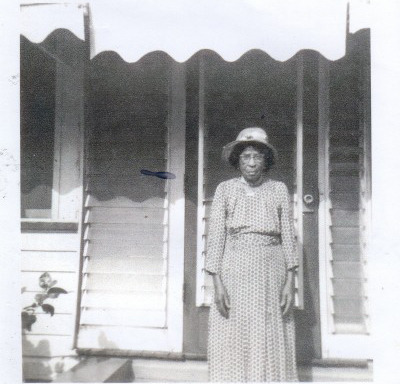You are going to
- listen to a a radio interview about a report on commercial use of the internet
- do a gap fill exercise
- do a crossword based on the vocabulary used in the inteview
Note; the crossword can be done before or after the gap-fill
1) Discuss
- Do you use the internet for shopping or business?
- What kind of business can be done online?
- What are the advantages of using the internet for shopping and business?
- Do you think online shopping and e-commerce are trends that will grow in the future?
2) Vocabulary
Check you know these wordsbenefits combination consumption contribution development downside e-commerce exports GDP household incentives infrastructure investment lead locate net skills workforce
3) Listen
From BBC Radio 4 Today
Listen to the interview
- How much of the British economy is online?
- Why do people shop online?
- What recommendations are given to further support commercial use of the internet?
4) Gap-fill
Listen again and fill in the gaps
5) Do the crossword.
All vocabulary is from the listening
6) Discuss / Write
 "We should also make sure people are not left behind. 10% of (UK) population is still not online and there are tremendous benefits if they were"
"We should also make sure people are not left behind. 10% of (UK) population is still not online and there are tremendous benefits if they were"In what ways does having a large number of people with internet access benefit society and business? Do you agree that it is a positive development?
7) More
http://www.bbc.co.uk/news/business-17405016http://news.bbc.co.uk/today/hi/today/newsid_9706000/9706944.stm
http://www.telegraph.co.uk/technology/internet/9151934/UK-most-web-connected-economy.html
Printable versions of gap-fill here
crossword here











